A robot with a unique shape could make it possible to perform ultrasound scans deep within the gut, helping doctors diagnose colorectal cancer.
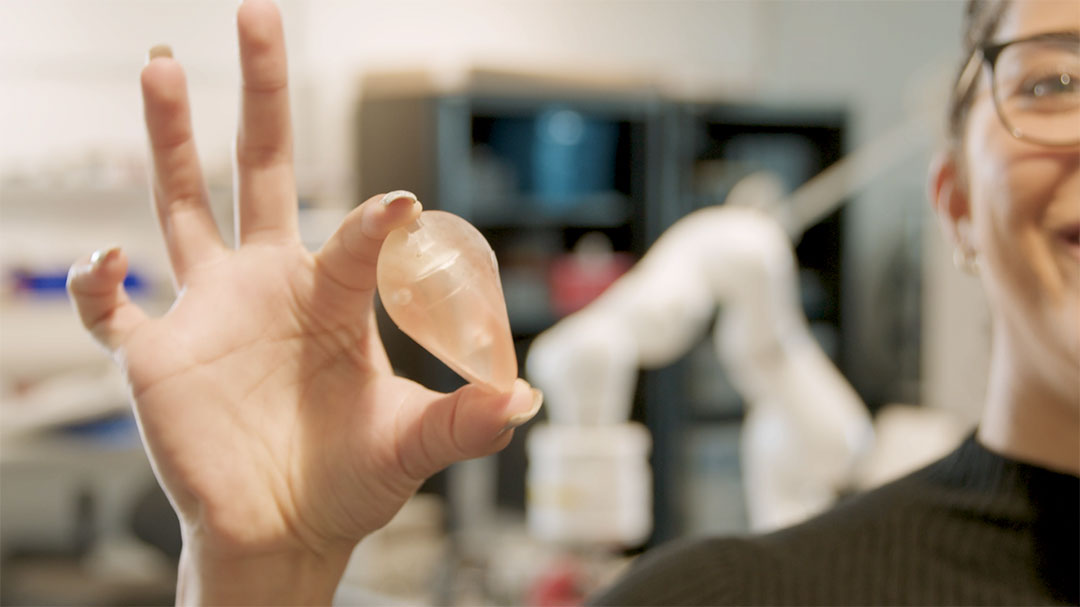

A robot with a unique shape could make it possible to perform ultrasound scans deep within the gut, helping doctors diagnose colorectal cancer.
https://www.youtube.com/watch?v=tVmxe6gvhIc Scientists have discovered a new way to tackle obesity by blocking a gut enzyme that helps absorb fat. The enzyme, called SOAT2, plays a role in packaging cholesterol and fatty acids for absorption. When researchers...
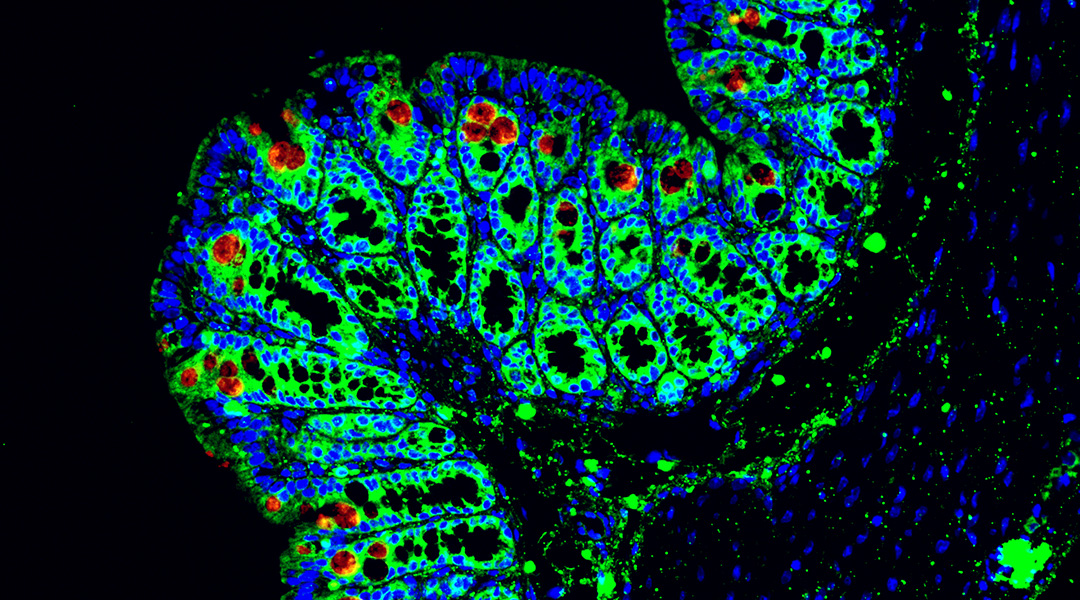
Scientists discover interactions between gut bacteria and immune cells that cause inflammatory bowel disease in glycogen storage disease.
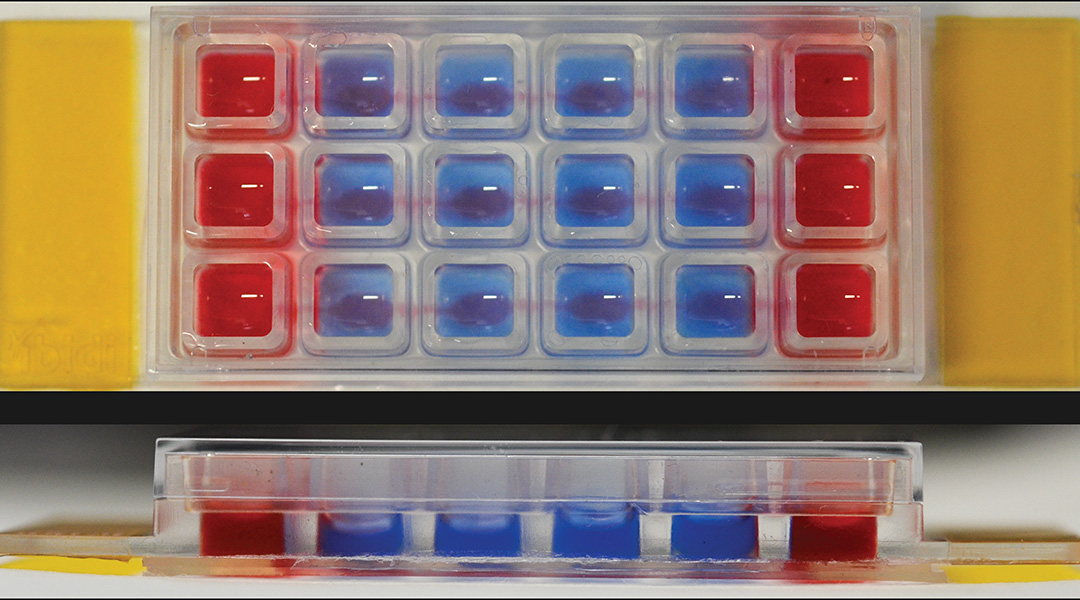
A microfluidic chip could help researchers uncover the unknown underlying mechanisms that cause inflammatory bowel disease.
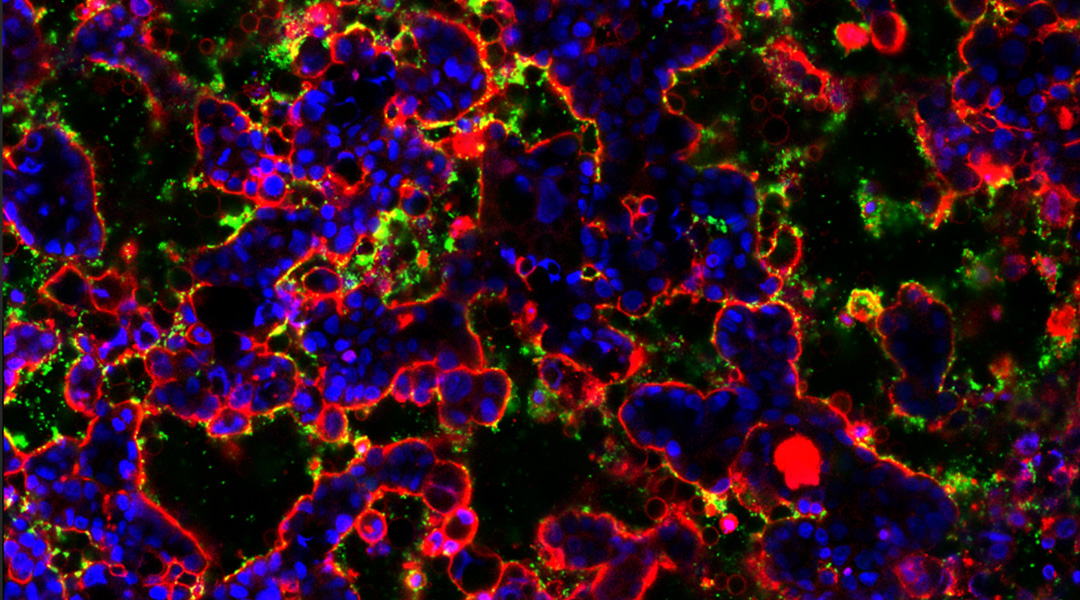
This artificial gut will allow scientists to gain deeper insights into the biome that exists there and how dysregulation can lead to disease.

A shape-shifting robot can access hard-to-reach locations in the GI tract, and is a step up from conventional endoscopic techniques.
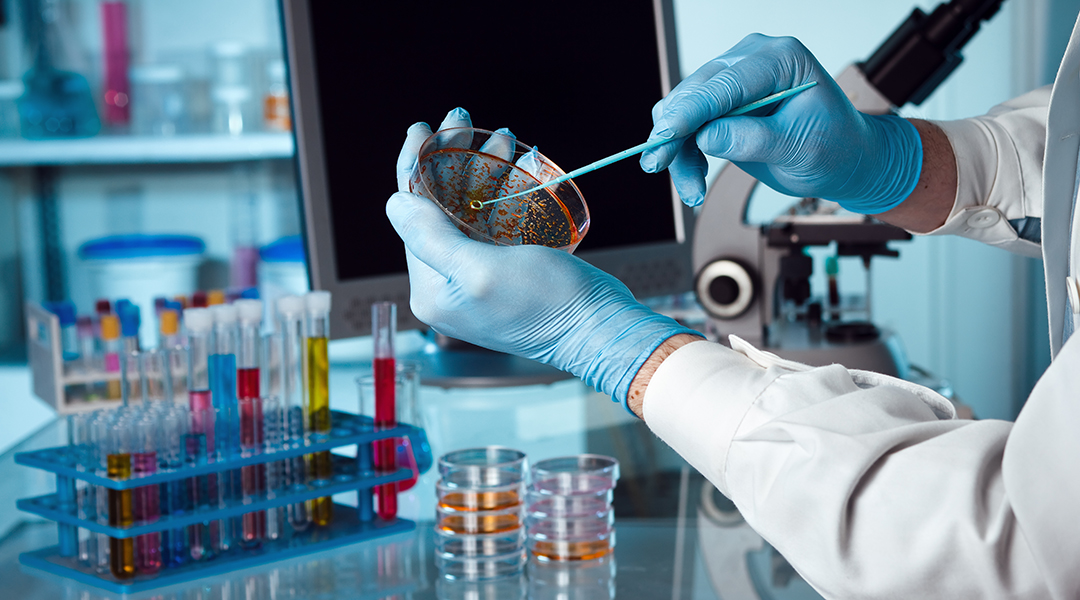
An extensive database will help scientists better understand the link between our gut microbiota and depression to inform new, tailored therapies.
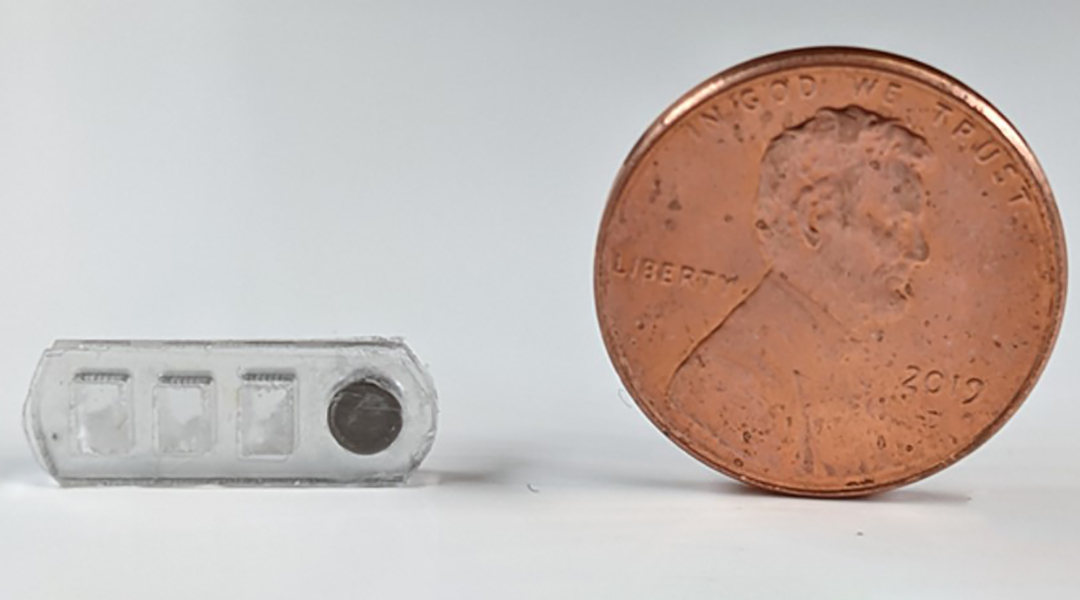
A robotic pill capable of collecting biomarkers, including proteins and bacteria, from the gut provides an easy-to-use disease screening tool.
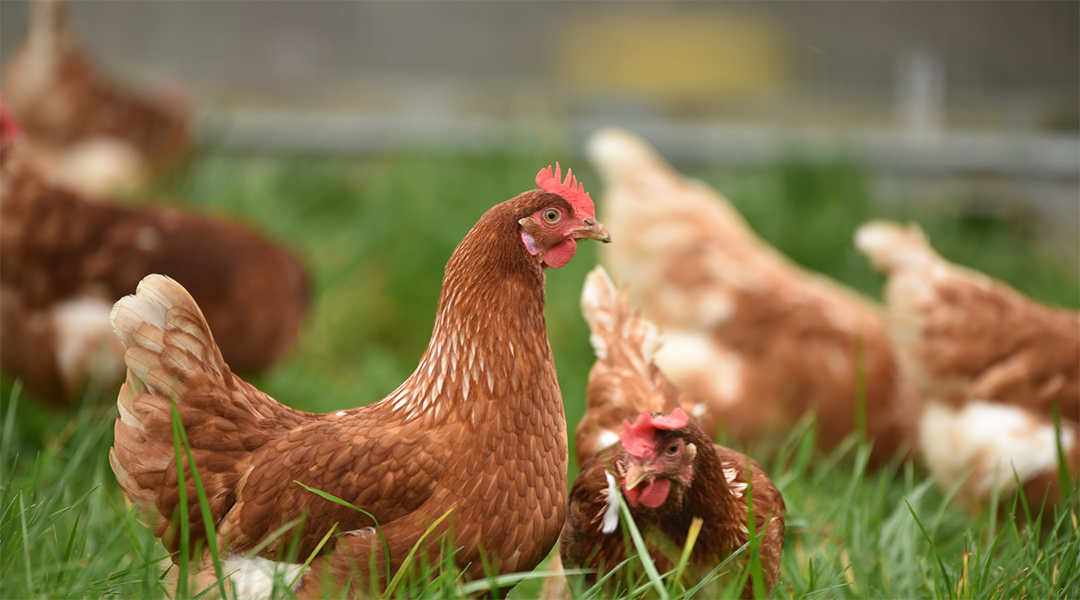
Researchers look to the guts of chickens’ ancestors to gain insights into domestication.
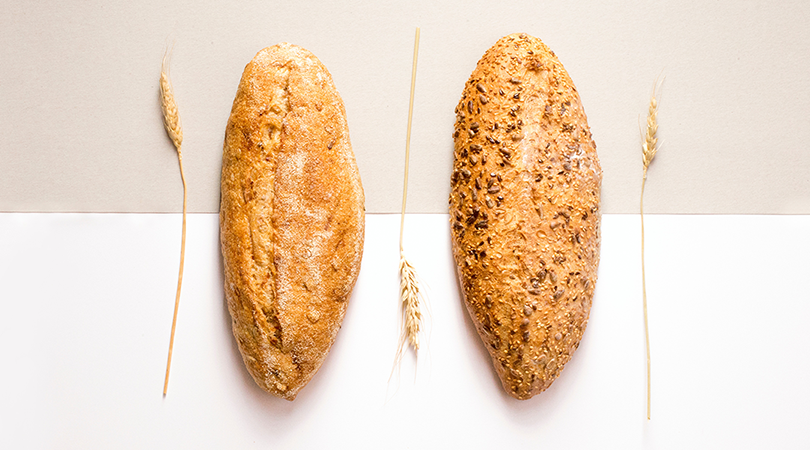
Understanding how gluten affects the gut is a key to understanding whether gluten-free diets are merely a fad or based in solid science.